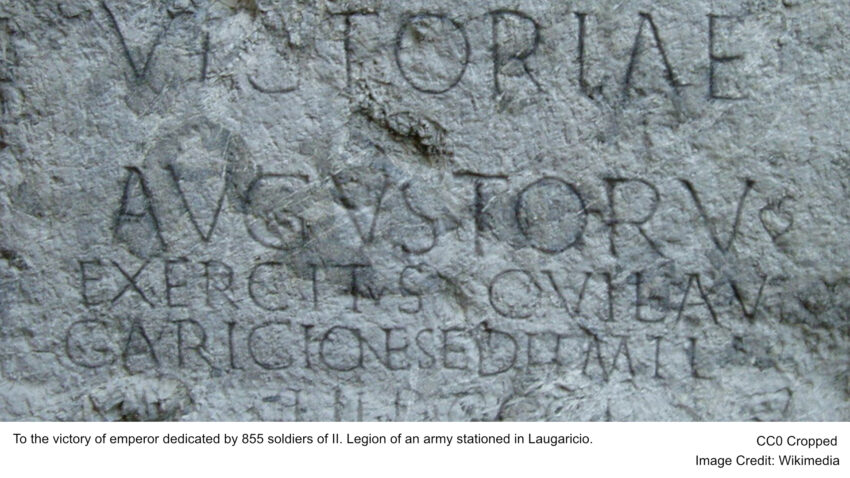| Listen to our audio presentation: Quantum Entanglement |
In October 2023, Federica Nicolardi, a papyrologist, received an email with an image that would forever change her field. It showcased a fragment of a 2,000-year-old papyrus scroll, burnt in Mount Vesuvius’s eruption. For centuries, such texts were considered unreadable. However, AI advancements have turned the impossible into reality.
- AI and Ancient Texts: Artificial intelligence is revolutionizing the study of ancient texts, including 2,000-year-old Herculaneum scrolls, previously unreadable due to their fragile and carbonized state.
- Global Impact: Beyond Rome, AI is applied to archives like South Korea’s royal records and Greece’s ancient Linear B tablets, with aspirations to decipher the enigmatic Linear A script.
- Technological Advances: Tools like Ithaca achieve unprecedented accuracy, restoring gaps in ancient texts and analyzing patterns that were previously unnoticed.
- Future Potential: AI is unlocking hidden historical treasures, such as texts concealed within mummy wrappings and medieval bindings, transforming historical research methods and accessibility.
- https://ithaca.deepmind.com/
Projects like the Vesuvius Challenge are using AI to reveal ancient texts’ secrets. As Nature reports, neural networks now decipher texts, reconstruct missing fragments, and even suggest their geographical origins. One achievement includes using AI to decode Herculaneum scrolls, which scholars have struggled to open due to their fragile, carbonized state.
AI’s role extends beyond the Roman world. In South Korea, researchers use transformer-based models to translate vast archives from the reigns of 27 Korean kings, written in the ancient Hanja script. Meanwhile, in Greece, models trained on Linear B tablets aim to eventually tackle the undeciphered Linear A script.
By analyzing vast datasets, AI tools can decode rare and lost languages, fill gaps in texts, and identify patterns previously unnoticed. Ithaca, a transformer-based AI, achieves a 72% accuracy rate in restoring gaps, far surpassing human capabilities.
According to Nature, AI is also unlocking “invisible libraries” — texts hidden within mummy wrappings or medieval book bindings. The success of these tools hints at a future where historians can access more ancient information than ever before.
These breakthroughs not only transform what we know but also how we ask questions about the past. The union of AI and human expertise is unlocking an era of historical discovery.
Resources: Nature: “How AI is unlocking ancient texts — and could rewrite history” by Jo Marchant

